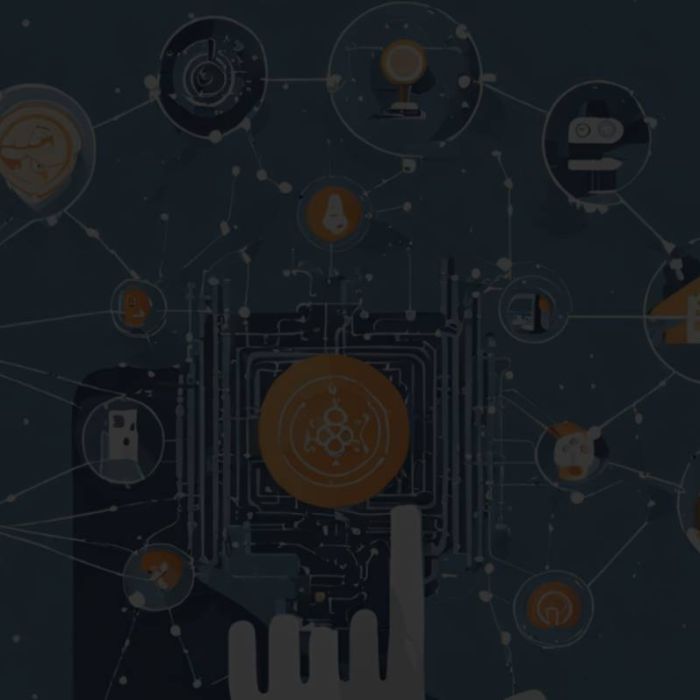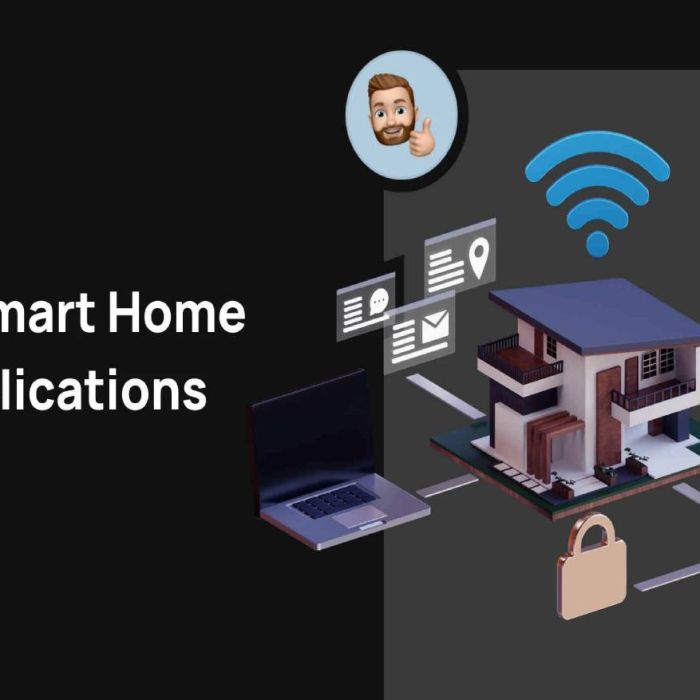The integration of Internet of Things (IoT) technology in healthcare has revolutionized patient care, ushering in an era where connected medical devices play a pivotal role in monitoring, diagnosis, and treatment. These IoT-enabled devices have transformed healthcare delivery, offering personalized, real-time insights, and improved patient outcomes.
Remote Patient Monitoring and Management
1. Wearable Health Trackers:
IoT-enabled wearables, such as fitness bands and smartwatches, monitor vital signs like heart rate, blood pressure, and sleep patterns. These devices facilitate continuous health tracking, providing valuable data for preventive care and early detection of health issues.
2. Remote Patient Monitoring Systems:
Connected medical devices allow healthcare providers to remotely monitor patients with chronic conditions. Devices equipped with IoT transmit real-time data, enabling proactive intervention and reducing hospital readmissions.
Enhanced Diagnostics and Treatment
1. IoT-enabled Imaging Devices:
Advanced imaging equipment embedded with IoT capabilities delivers high-resolution images and real-time diagnostics. These devices aid in accurate diagnosis and treatment planning, enhancing precision and efficiency.
2. Smart Medication Management:
IoT-connected medication dispensers ensure adherence to prescribed regimens. These devices dispense medications at scheduled times, send reminders, and track dosage compliance, promoting medication adherence.

Optimized Hospital Operations
1. Asset Tracking and Inventory Management:
IoT facilitates real-time tracking of medical equipment, optimizing inventory management and preventing shortages. RFID tags and sensors monitor the location and usage of assets, streamlining hospital operations.
2. Smart Environmental Controls:
IoT-based systems regulate environmental factors in healthcare facilities. Smart HVAC systems and sensors monitor air quality and temperature, ensuring a comfortable and safe environment for patients and staff.
Improving Patient Engagement and Experience
1. Telehealth and Remote Consultations:
IoT-driven telehealth platforms enable remote consultations and virtual care. Patients can access healthcare services from the comfort of their homes, fostering convenience and accessibility.
2. Personalized Care and Patient Empowerment:
IoT facilitates personalized care plans based on individual health data. Patients actively engage in their health management through access to real-time information, fostering empowerment and proactive decision-making.
Addressing Challenges and Ensuring Security
1. Data Security and Privacy Concerns:
Protecting sensitive patient data remains a critical concern. Robust security measures and compliance with regulations are imperative to safeguard patient information from potential breaches.
2. Interoperability and Standardization:
Ensuring interoperability among diverse IoT devices and standardizing protocols enable seamless data exchange and integration, enhancing the efficiency of connected healthcare ecosystems.
Embracing IoT for Future Healthcare Innovation
The adoption of IoT in healthcare marks a transformative shift towards patient-centric, data-driven care. As IoT technology continues to evolve, addressing challenges, ensuring data security, and fostering interoperability will drive innovation and shape the future of healthcare delivery.
IoT-connected medical devices represent a paradigm shift in patient care, offering personalized, proactive, and efficient healthcare solutions. The integration of IoT in healthcare ecosystems holds immense potential to revolutionize patient care and elevate healthcare standards.




